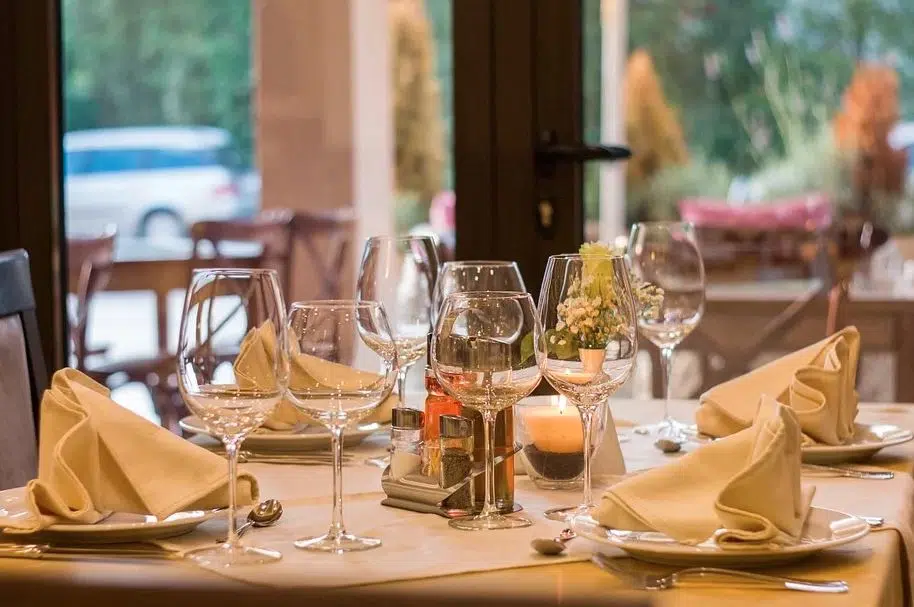
With the province moving into Step 2 of its COVID restart plan, you’ll now be able to buy alcohol at a bar or restaurant past 10 p.m., with last call now extended to midnight, as of tomorrow, June 15.
Ian Tostenson with the BC Restaurant and Foodservices Association says the extra two hours will be a shot in the arm for these businesses.
“It could be 30 per cent of your daily revenue, so incrementally, its going to make a difference,” he said on NL Newsday.
“And I think from a safety point of view, we always felt that if we could keep people in restaurants longer and control the environment people are in, it is better than just shutting it down at 10 p.m. because we know people will go and do other things.”
Since September 8, last call in B.C. has been at 10 p.m., with it coming as early as 8 p.m. on busier days like New Year’s Eve and St. Patrick’s Day.
“It was really surprising to us. When it went to 10 o’clock, I didn’t realize how important [those two hours] were to a lot of restaurants especially the outdoor patios where people want to hang out and stay out a big later,” Tostenson added. “When you think about it, who wants to leave a patio at 9:30 p.m. especially when it’s so nice outside?”
“So this is all good news for us.”
All other restrictions at restaurants like mandatory contact tracing, and a maximum of six people per table remains in place. You’ll also have to keep wearing a mask when not seated at your table.
Step 3 of B.C.’s COVID Restart Plan – which will remove the cap on how many people can sit together at a table – will begin no sooner than July 1. That is also the date when restrictions on alcohol service outside of the hours allowed by a bar or restaurant’s liquor license will be lifted.
While banquet halls will be able to operate with up to 50 people and a COVID-19 safety plan in place, July 1 is the earliest when nightclubs, bingo halls, and casino will be able to re-open with limited capacity.
“I know everybody’s been hit hard. But we were hit first, hit hardest, and we are going to be one of the last to recover,” Tostenson added, noting the industry is facing a severe labour shortage with former employees choosing not to return.















